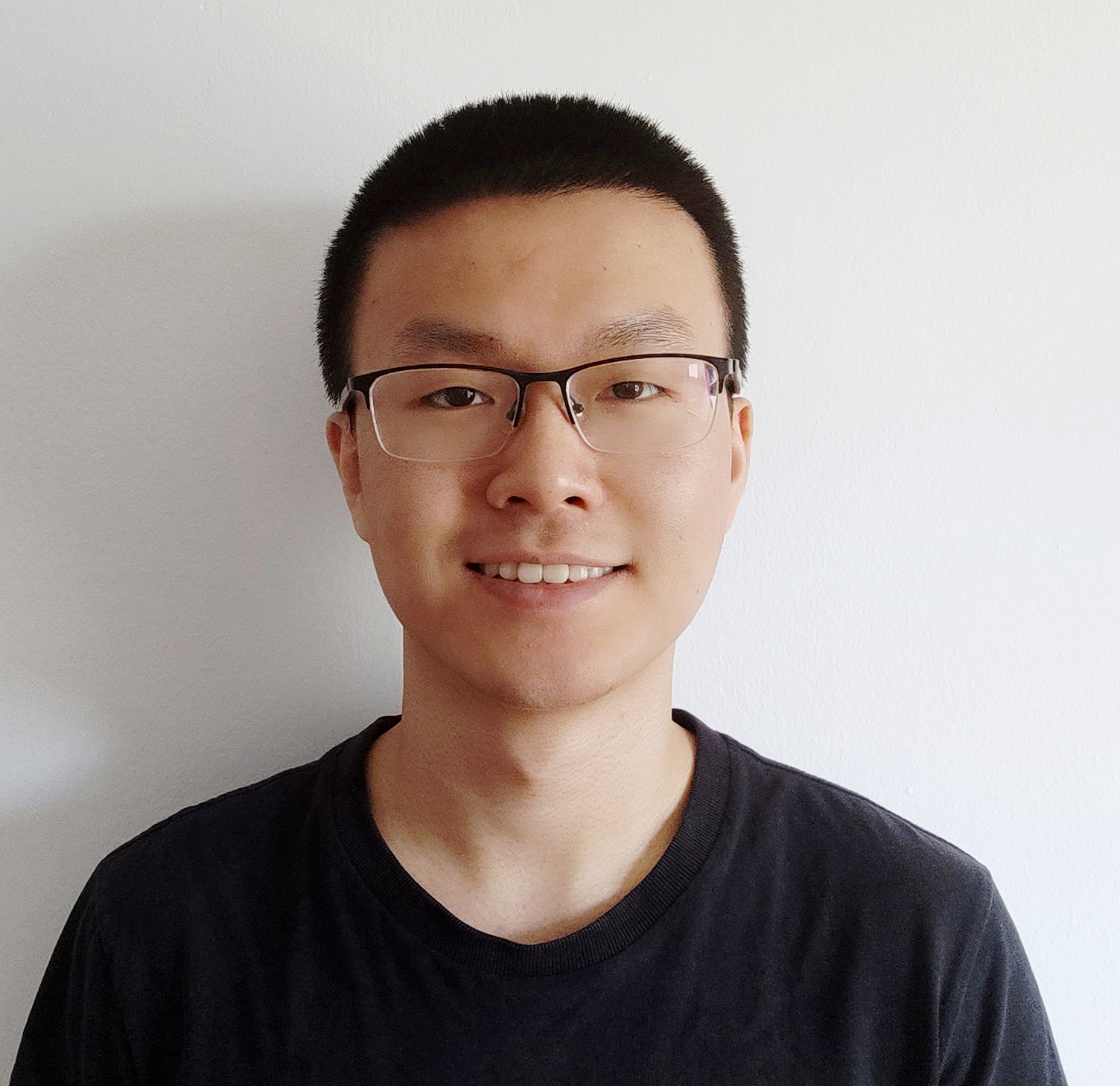Yingming Lai

“Winning this award is meaningful to me in several aspects. First, it recognizes this good work done by me and my colleagues. I am quite grateful and proud of the teamwork in our group. Second, this is a perfect ending to my study for Master’s degree, which is an honor for me as I am taking my first steps as a scientist. Finally, winning this award encourages my passion for future research. It motivates me to achieve more breakthroughs in my PhD study at INRS.”
YingMing Lai
M. Sc. Energy Materials, 2021
Centre Énergie Matériaux Télécommunications | Supervisor: Jinyang Liang
YingMing Lai's work is on Compressed Ultrafast Photography (CUP), a remarkable single-shot optical imaging technique, which allows for recording a transient event in a single camera exposure. Previous CUP systems, despite offer an ultrafast imaging speed, blur a part of the reconstructed image. Besides, the previous CUP cameras have only been demonstrated in the visible and near-infrared spectrum. In his thesis, he has, with his team, adopted a specialized element and a novel algorithm, which improves the performance and extends CUP to UV range. This UV-CUP system exhibits the world’s fastest UV camera, which could be implemented almost immediately to help people understand this world. Moreover, this camera has been quickly commercialized. It attracts the interest from industry and creates real value.
What brought you to INRS? What do you remember from your experience?
I discovered my research interest in optics when I was an undergraduate. INRS is quite famous in its education of optics, which is reflected in its excellent atmosphere of research and advanced instruments. Furthermore, my supervisor, Prof. Jinyang Liang in EMT, has a high level of accomplishment and knowledge in optics, computational imaging, and electrical engineering. With Prof. Liang’s supervision, I believe that I can be well trained at INRS.
Can you describe the issue and the impact of the research presented in your master’s thesis?
Compressed ultrafast photography (CUP) is a remarkable single-shot optical imaging technique, which allows for recording a transient event in a single camera exposure. Previous CUP systems, despite offering an ultrafast imaging speed, blur a part of the reconstructed image. Besides, the previous CUP cameras have only been demonstrated in the visible and near-infrared spectrum. In my thesis, we adopted a specialized element and a novel algorithm, which improves the performance and extends CUP to UV range. This UV-CUP system exhibits the world’s fastest UV camera, which could be implemented almost immediately to help people understand this world. Moreover, this camera has been quickly commercialized. It attracts the interest from industry and creates real value.
What does winning this award mean to you?
Winning this award is meaningful to me in several aspects. First, it recognizes this good work done by me and my colleagues. I am quite grateful and proud of the teamwork in our group. Second, this is a perfect ending to my study for Master’s degree, which is an honour for me as I am taking my first steps as a scientist. Finally, winning this award encourages my passion for future research. It motivates me to achieve more breakthroughs in my PhD study at INRS.
What’s next for you now that you’re graduating?
Thanks to INRS’s consideration, I’m admitted to the doctoral program at INRS-EMT. I will continue my research in developing ultrafast optical imaging techniques. With the help from INRS and Prof. Liang, I believe that I could be a young professional scientist.
